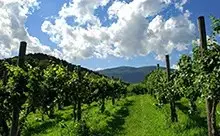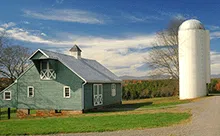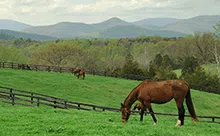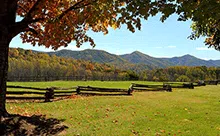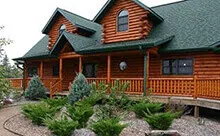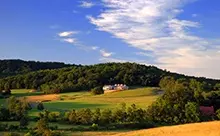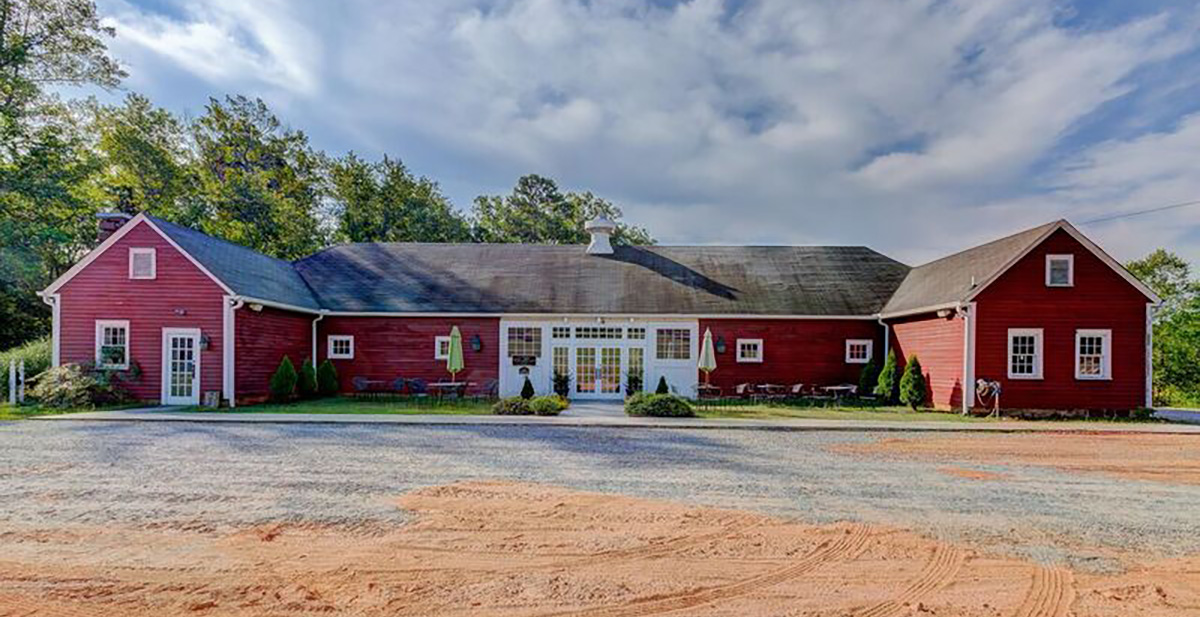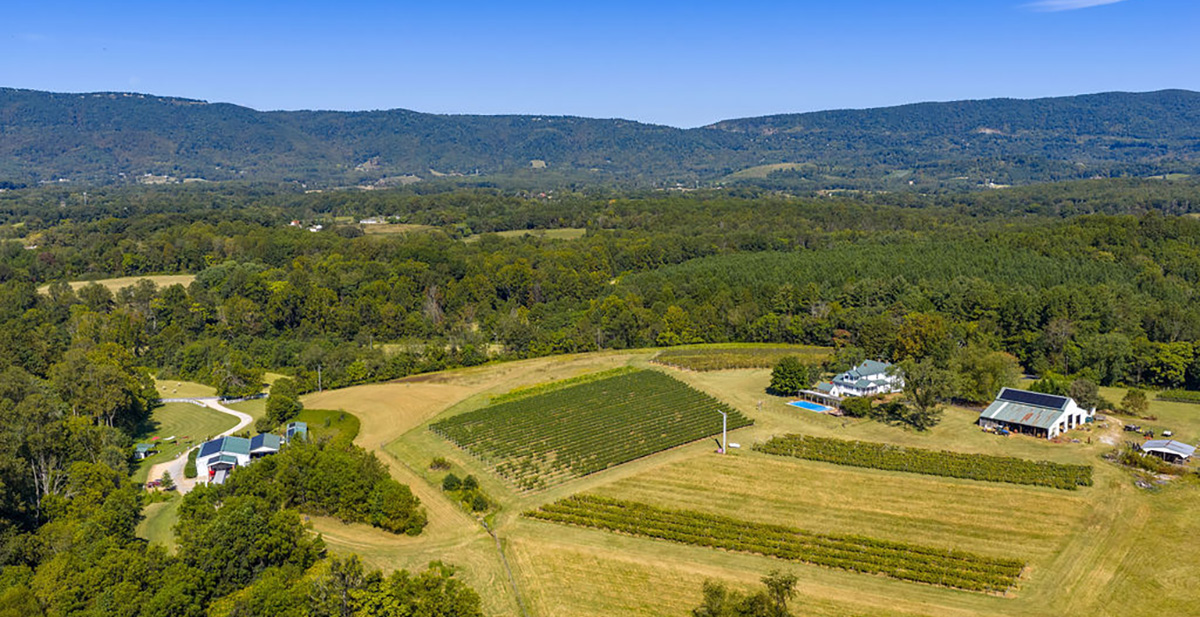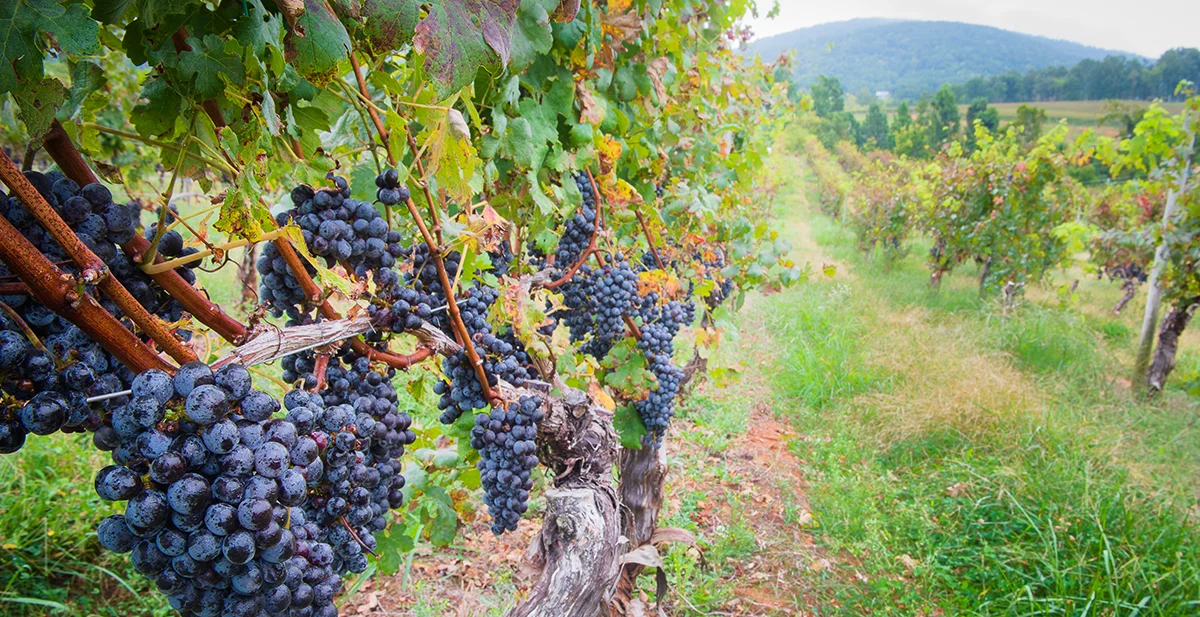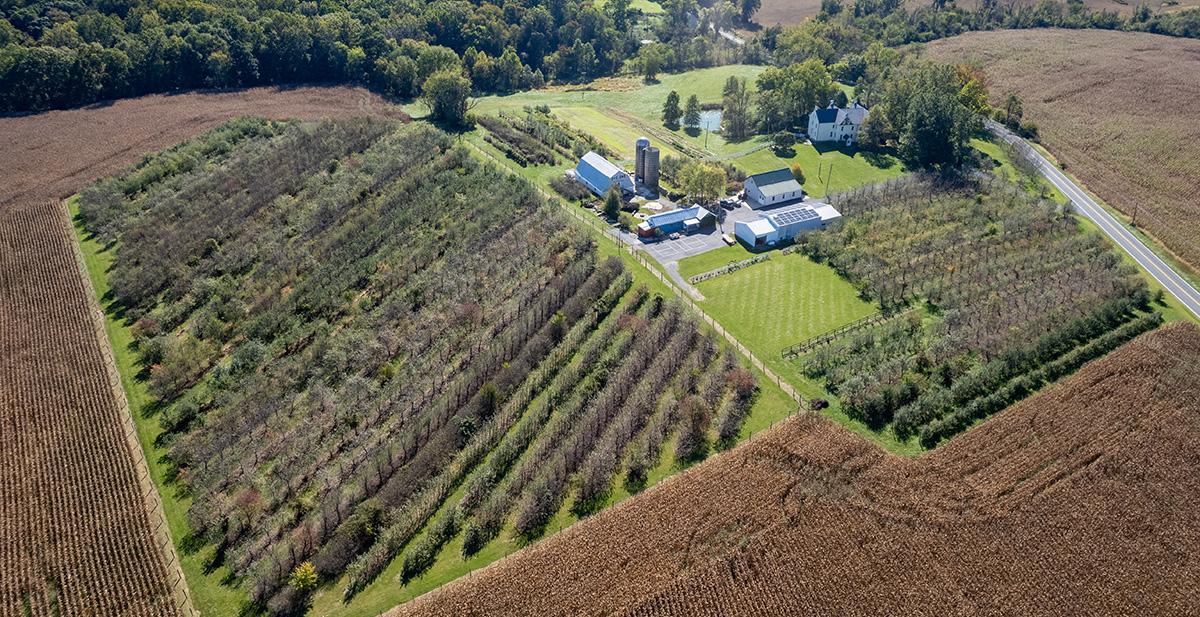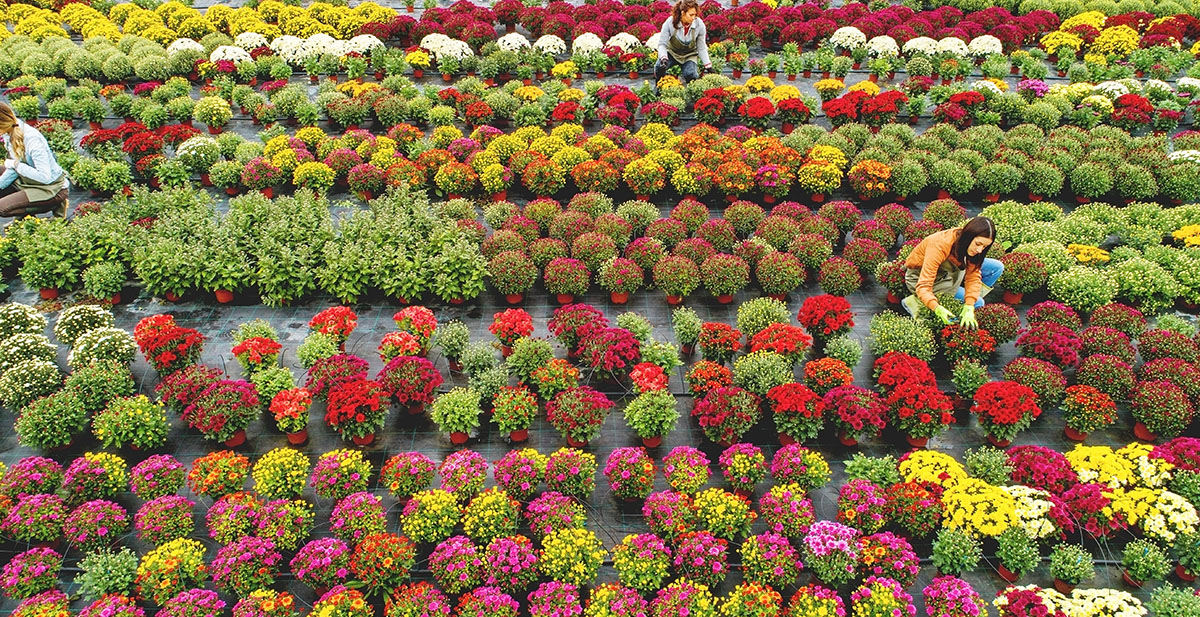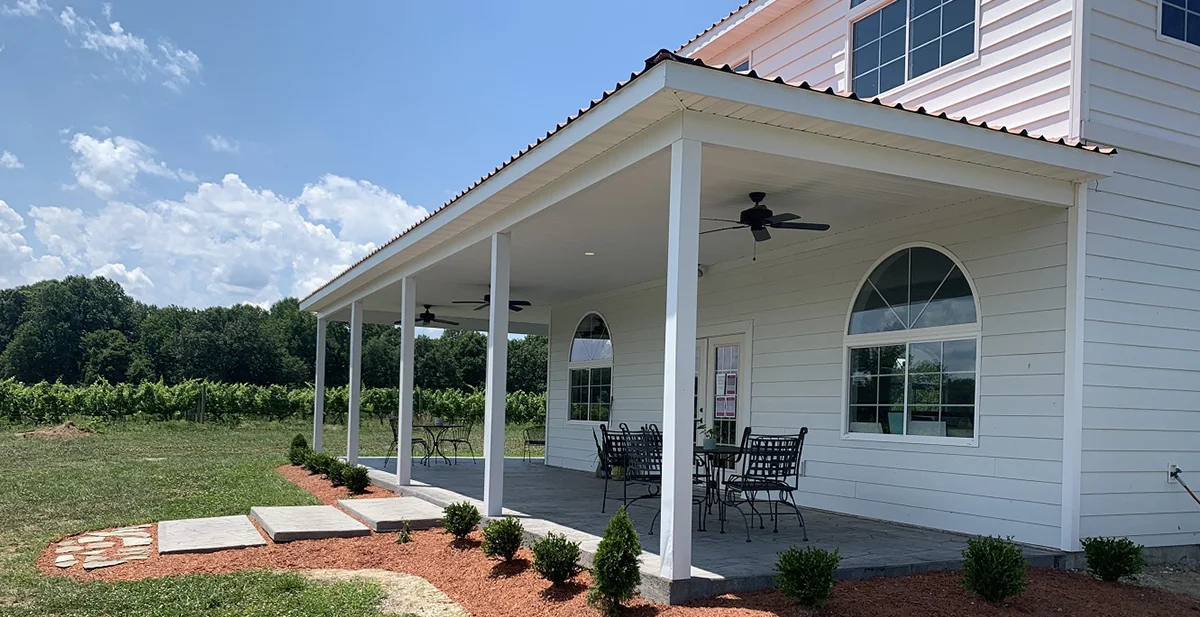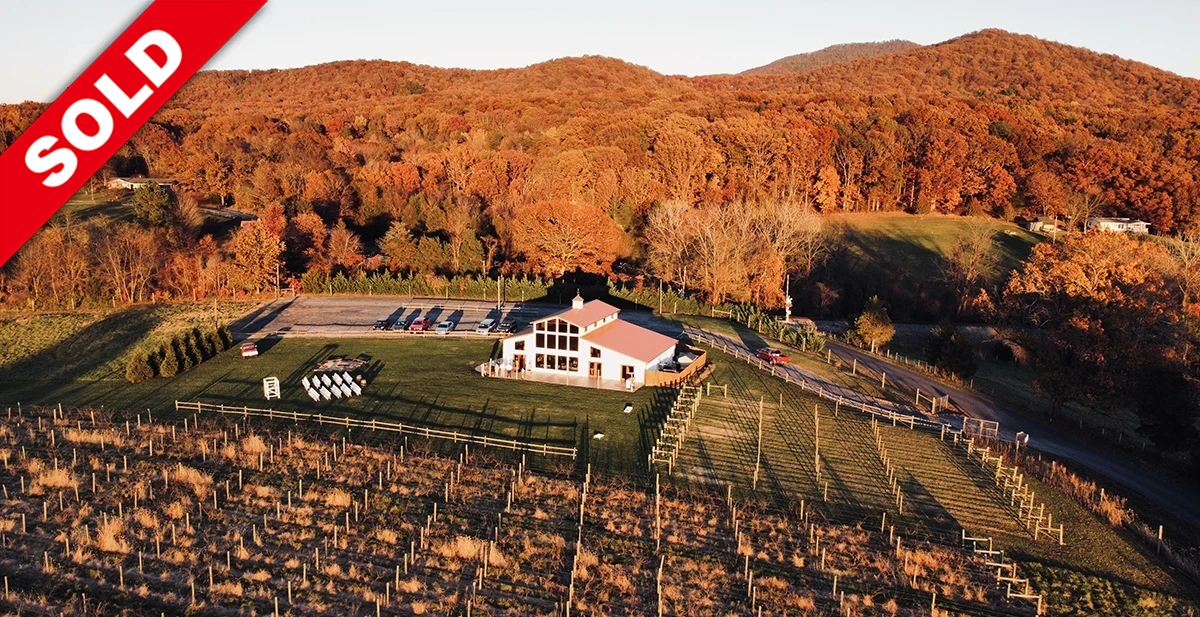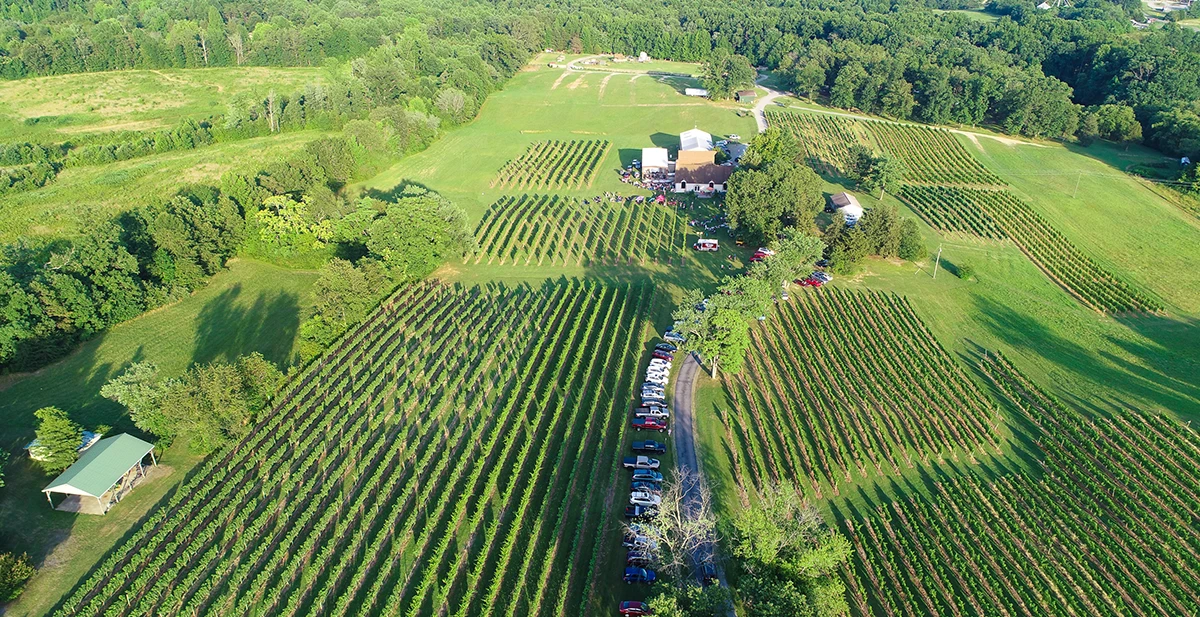home / virginia real estate / farms / starting your virginia farm / the swine farm
Starting a Virginia Swine Farm
Raising Swine in Virginia
While many have the mistaken idea that swine are difficult and messy to raise, the Virginia countryside is the ideal location to raise and reap the benefits from raising one or a dozen pigs.
With its mild climate and abundance of agricultural byproducts that can be purchased inexpensively in the area, Virginia is a great place to relocate if you’re looking to raise your own pigs, or for those already in the area, it’s the perfect place for even the most inexperienced farmer to learn the trade.
Why Raise Pigs?
For many, the joy of raising pigs comes from the quality (and the price!) of the meat raised. In an age when factory farms are increasingly relying on chemicals to treat the animals and feeding swine cheap and potentially dangerous genetically modified food, many turn to farming as a way of ensuring the health of their family.
In addition to costing only pennies a pound, your pork is guaranteed to taste better than any plastic-wrapped meat found in a supermarket, and since just one pig can produce a great deal of premium, low-priced meat when nurtured by Virginia’s gentle climate, it seems silly not try one’s hand at raising swine.
Fortunately for the new farmer, raising swine is relatively low maintenance in an environment like Virginia’s. Unlike with a lot of other animal culture, one of the most difficult parts—hog breeding—can be bypassed altogether by beginning with already weaned piglets. Farmers who choose this route find that simply rearing the animals is easy. As Virginia’s population grows, so does its reliable market for pork for those looking to compete in the commercial pig-raising business.
At just six to seven months old, pigs are at their ideal size for butchering, and will produce about 135 pounds of retail meat products. These pasteurized pigs are known for being naturally tender and flavorful without being injected with up to 12% salt water—a trick recently adopted by industrial farms trying to make their meatless bland.
Because pork raised in the Virginia countryside is a premium product, farmers can expect to make a 50% profit with little investment in money, land, or time required.
What Pigs Can Do For You (And Your Garden!)
Since much of what pigs eat is scraps you would ordinarily throw away (including milk, fruits, vegetables, meat scraps, garden clippings, spoiled eggs, and weeds), swine eliminate much of your garbage and don’t require too much additional feed. These extremely intelligent animals take kitchen and garden waste and convert it into healthful, delicious meat and nutrient-rich fertilizer!
Pigs incredible noses can also be used to the gardener’s advantage. Since pigs love to root for food, they will quickly turn sod and rid the soil of grubs, grass, roots, and rhizomes. Just by confining pigs to an area you want to see converted to turned soil, they can be used as self-contained plowing units that function more effectively than any combination of machines and pesticide sprays.
Pigs are also excellent mulch-makers. If you provide your pigs with several bales of hay or straw, they will break them apart and integrate the new compost-like mulch into the soil. In addition to providing tens of pounds of meat to stock your own freezer or to sell, each pig produces a large supply of manure that will allow your garden to flourish without spending any additional money.
Many find that the best time to acquire a young barrow or gilt is at the beginning of your garden’s growing season because of this, and because of the abundance of leftover crop pickings available for the swine then.


















